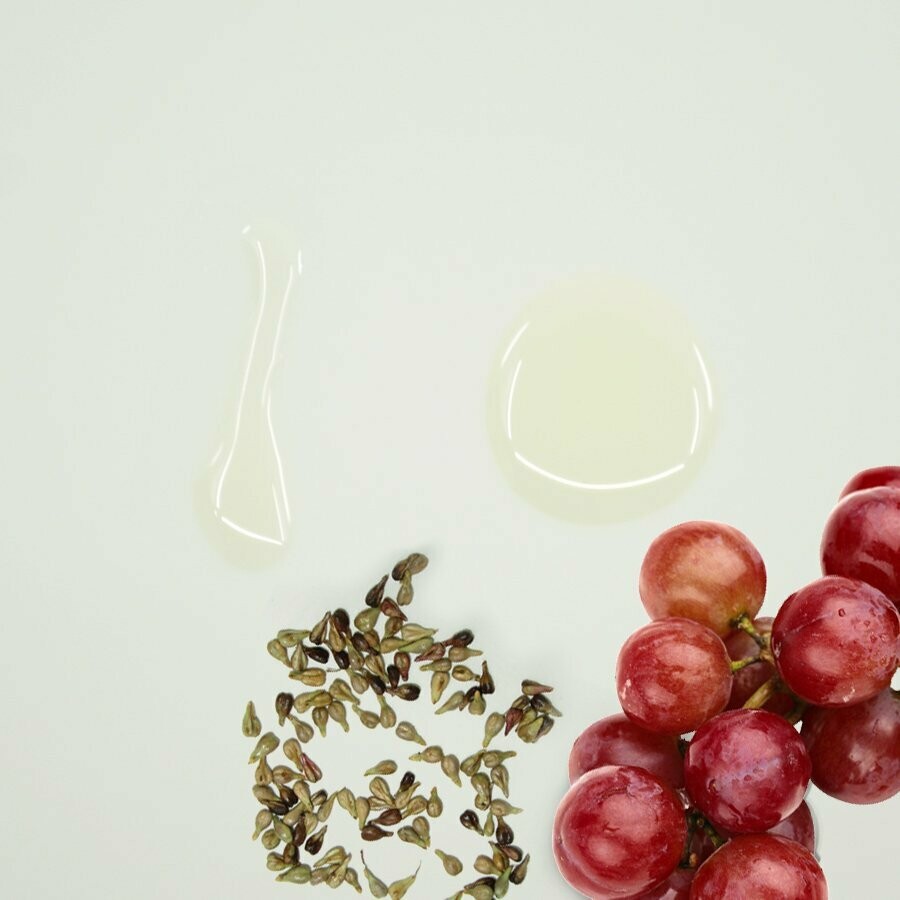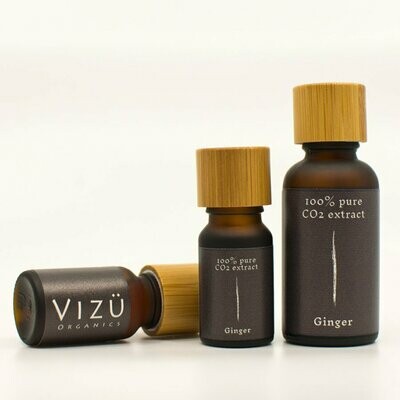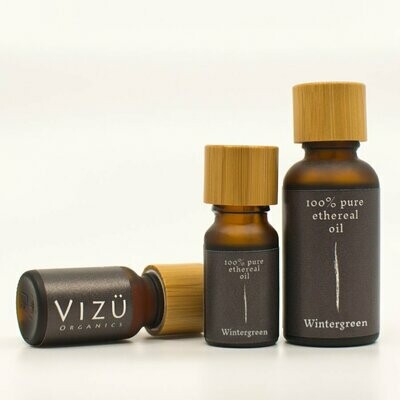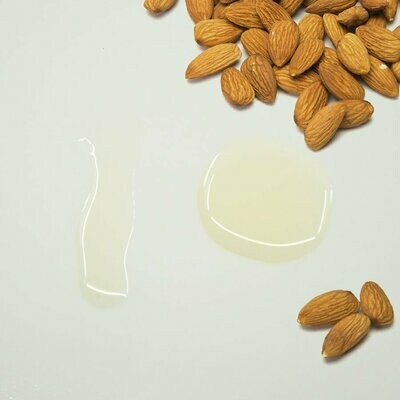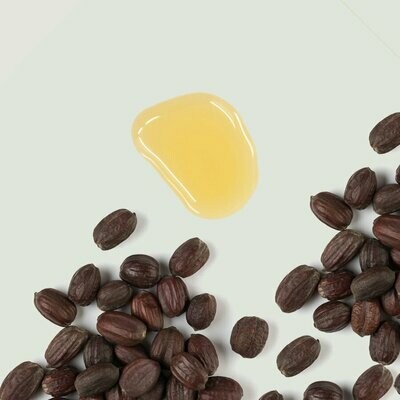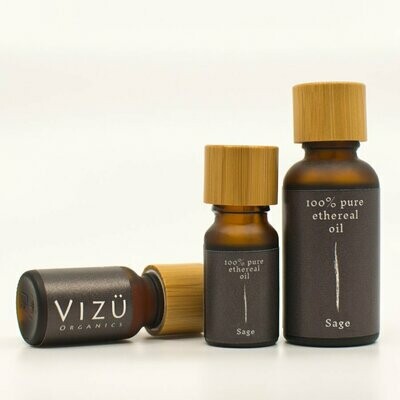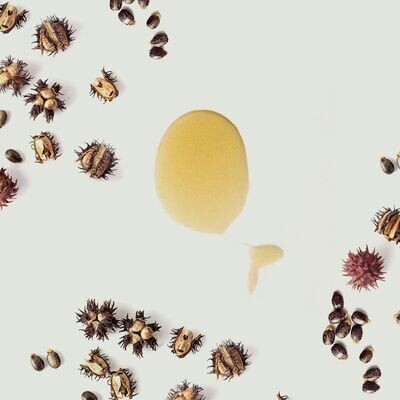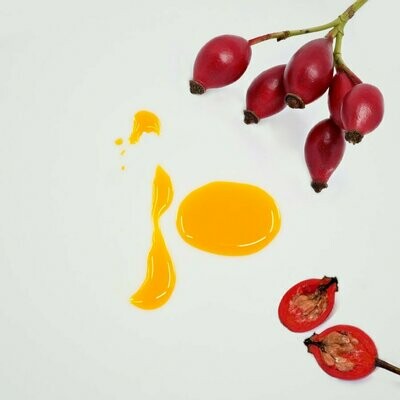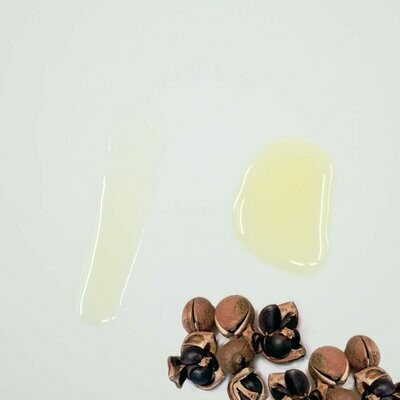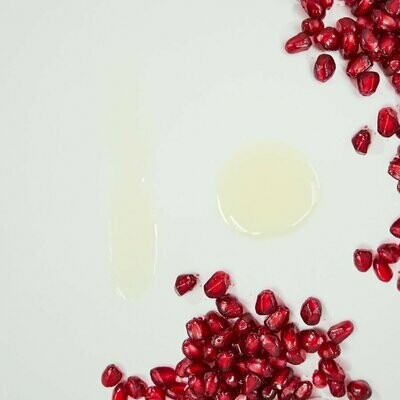Grape seed oil, cold-pressed virgin
Ingredient: Vitis vinifera (grape) seed oil
Benefits and uses:
- Good substitute for those allergic to nut oils.
- Has tightening, toning and conditioning properties; useful for tightening pores.
- Soothing oil for acne prone or sensitive and skin due to its astringent properties.
- Highly recommended to use as a makeup remover in OCM and as a body moisturising oil.
- As a facial moisturiser, use half pump and apply onto cleansed and toned skin twice daily.
- As a base for soap making and massage oils.
Grape seed oil is beneficial in many skin and health ailments. This includes varicose veins, acne, wrinkles, wounds, bruising, stretch marks, hemorrhoids, premature aging, hypertension, high cholesterol levels, diabetes, visual impairment, cataract and macular degeneration. High in vitamin E and linoleic acid (omega 6), grape seed oil helps strengthen collagen and maintain elastin.
Often used in body massage oils for its toning, tightening and astringent properties; the oil is easily absorbed and penetrates deeply, hence making it conditioning for dry skin too. A wonderful mild oil for sensitive acne-prone skin and also a good substitute for those allergic to nut oils.
Did you know?
Grape seed oil is often encouraged for high heat cooking because of its high smoke point. The oil handles high temperatures without smoking, burning or splattering. Its smoke point (around 215 Celsius) is higher than olive oil, corn oil and sesame oil, hence heat sensitive phyto-compounds are not destroyed and you get to consume the full nutrients for your body.
Herbal Folk Tradition
Grapes are one of the oldest of all cultivated plants, famous for producing wines and popular for eating fresh. Ancient Egyptian wall paintings show the growing of grapes, including a variation of large-fruited species, improved cultivars as well as smaller ones, like those used to produce currants.
After 1000 BCE, the seafaring Phoenicians brought grapes to Greece, where they flourished in the Mediterranean climate. The Greek and Romans then used them for wines, table grapes, sweet syrups and verjuice (the juice of unripe grapes used in cooking).
The main use of grapes today is in winemaking (65%) and the remaining 35% is used for table grapes, dried grapes and grape juice. Other grape products for culinary uses include grape seed oil and vine leaves, which are mainly used in Turkish, Greek and Middle Eastern cuisine.

